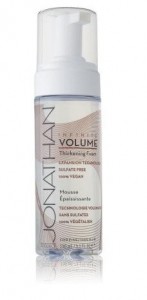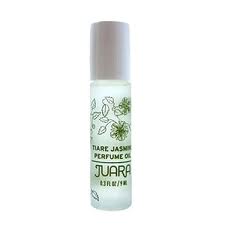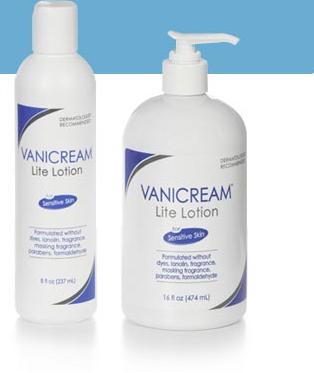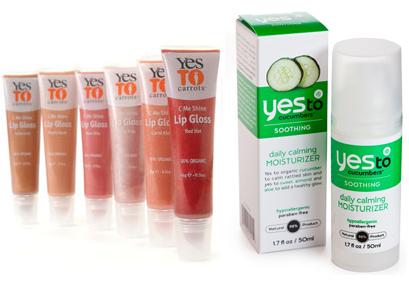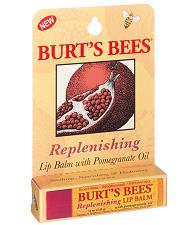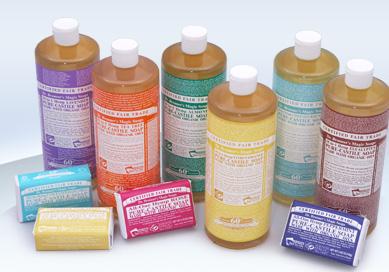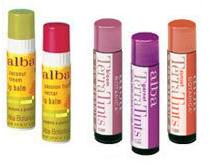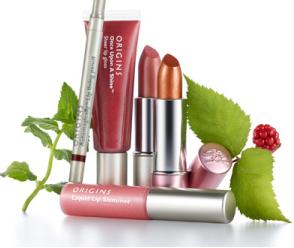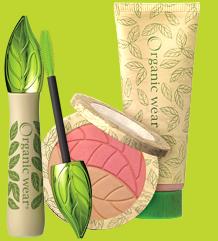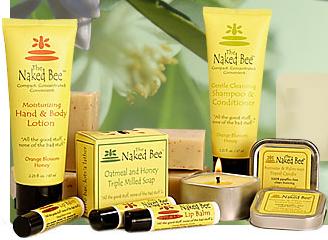The Ethics of Origins Cosmetics – Organic Doesn’t Mean Good Labor Practices
Posted in Editorials on September 2nd, 2015by Elizabeth
Tags: Cosmetics Reviews • Green Products • Labor
There’s and article in Pacific Standard about the child abuse perpetuated by a Christian cult called “The Twelve Tribes.” The article asks how far the First Amendment goes – can religious freedom really protect the harming of children? It’s a disturbing but important article and you should read the whole thing.
Something that jumped out at me though was this paragraph about how the children in this cult were often taken out of school and made to work at businesses.
The Jones children were put to work at an early age. For several weeks when she was seven, for example, Shuah boarded a 15-passenger van at dawn with other grade-schoolers and drove to the Tribes’ Common Sense factory in Rutland, an hour away. One of the Tribes’ biggest clients was Estee Lauder, which contracted the group to make its popular Origins salt scrub. Shuah spent 10 hours a day labeling and packaging the scrub and other products. At a certain point, she told me, the elders passed out sleeping bags so the kids could sleep on the factory floor. “We’d take little breaks and run around and play and get spanked for it,” recalled Alicia Gonyaw, who worked at the factory when she was 12. “We weren’t allowed to be kids.”
I was shocked. I’ve heard that there is child labor and sweat shops in the United States, but it’s something I don’t like to think about. It’s something that happens in other places. And I felt guilty! I love Origins products and I have reviewed them glowingly on this blog. But my mistake was in assuming that because a product is organic, it’s produced in accordance with fair labor standards too. And as I have found, that is just not the case.
I buy organic products not just for my own health and for the quality of our water and soil, but because I believe it’s a labor and human rights issue. Farm workers who are exposed to pesticides can have serious health problems including higher rates of cancer, infertility and birth defects.
But makeup isn’t like a blueberry or an apple. It must be processed, and there are ingredients that aren’t plant based. Mineral ingredients must be mined, and there are numerous abuses in the mining of minerals for makeup.
A report by campaign group DanWatch said child labour is being used in the eastern states of Jharkhand and Bihar to extract mica, which is then added to the make-up produced by at least 12 multinational companies.
At least 5,000 children may be producing mica – used to add glitter to natural cosmetics – which is bought by intermediaries and then exported to high-profile international customers such as L’Oreal and Estee Lauder.
Estee Lauder is the parent company of Origins.
I tweeted at Origins hoping for a response yesterday – Shuah’s story happened many years ago and perhaps they have new safeguards in place. But I have received no response except for some conversation with Stacy Malkin from SafeCosmetics.org.
Wow – yes one of the big problems of our corporate economy is what basically amounts to slave labor @MissCherryPi @Origins @EsteeLauder
— Stacy Malkan (@safecosmetics) September 1, 2015
i.e., many "made in USA" products are made by prison labor! buy local, grow local, make your own @MissCherryPi @Origins @EsteeLauder
— Stacy Malkan (@safecosmetics) September 1, 2015
Knowing what I know now, though, a response from Origins stating that they don’t or won’t use that specific factory anymore isn’t enough. We need more transparency about how the ingredients in our makeup are mined, not just how they are farmed. The jewelry industry has the Kimberly Process and the No Dirty Gold campaign. Cosmetics companies need to get on board.
For me, makeup is something fun I like to use on weekends or special occasions. No matter how a person chooses to wear it, it’s production should not involve the endangerment or exploitation of children or adult workers.
